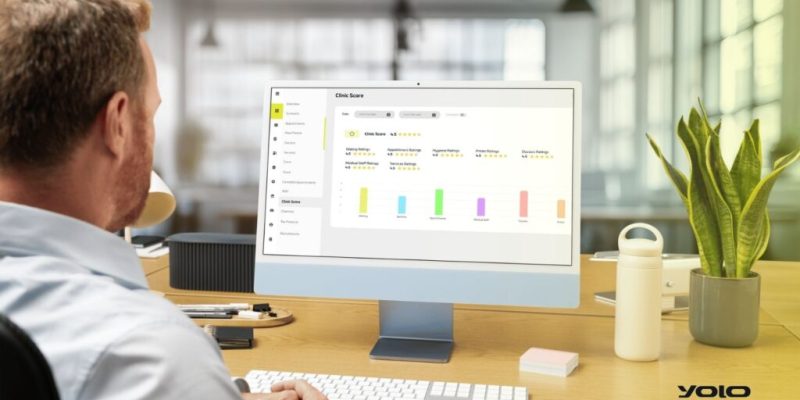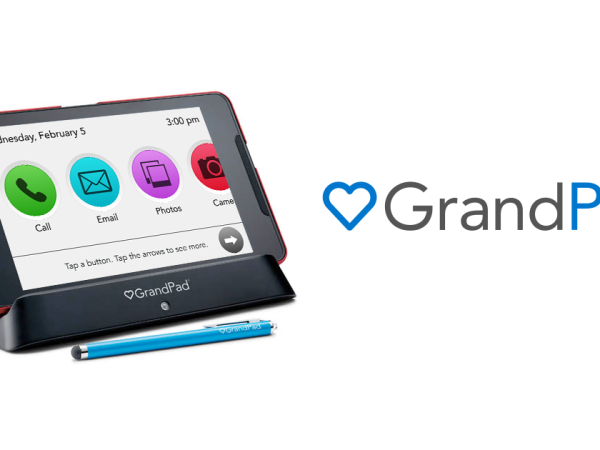Best EMR for Small Practice: Top Solutions for 2024

Electronic Medical Records (EMR) systems are no longer a luxury—they’re a necessity. For small medical practices, finding the best EMR (Electronic Medical Records) system means striking the right balance between affordability, simplicity, and compliance. With dozens of options available, how do you choose the one that meets your clinic’s needs without overwhelming your budget?
In this article, we’ll explore the best EMR for small practice setups, key features to look for, and our top picks for 2024 based on usability, cost, integrations, and customer support.
What Is an EMR System?
An EMR system is a digital version of the paper charts in a clinician’s office. It includes a patient’s:
- Medical history
- Diagnoses
- Medications
- Treatment plans
- Immunization dates
- Allergies
- Test results
For small practices, the right EMR can improve efficiency, patient care, and billing accuracy—while reducing manual paperwork.
Key Features to Look for in the Best EMR for Small Practice
Before diving into recommendations, here are essential features a small clinic should look for:
| Feature | Why It Matters |
| Ease of Use | Minimal training required, user-friendly interface |
| Customization | Tailor templates to specialty and workflow |
| Scheduling & Reminders | Integrated appointment booking and patient alerts |
| E-Prescribing (eRx) | Seamless prescriptions and refill requests |
| Billing & Coding | Accurate CPT/ICD-10 coding, claim submission tools |
| Compliance & Security | HIPAA-compliant, encrypted data, audit trails |
| Interoperability | Ability to share info with labs, pharmacies, and other systems |
| Customer Support | Responsive and available when issues arise |
Top 6 Best EMR Systems for Small Practice in 2024
Kareo Clinical
Best for: Independent practices and solo providers
- Pros: Easy-to-use interface, integrated billing, telehealth features
- Pricing: Starts around $125/month per provider
- Why It’s Great: Designed with small practices in mind, Kareo offers fast implementation and responsive support.
AdvancedMD
Best for: Small practices wanting modular customization
- Pros: Cloud-based, customizable workflows, great for multi-specialty clinics
- Pricing: Custom quote (modular pricing)
- Why It’s Great: Offers powerful features in a scalable format for growing practices.
Practice Fusion
Best for: Cost-effective cloud EMR
- Pros: Free version available, easy e-prescribing, lab integrations
- Pricing: Free (with ads), or premium options starting at $149/month
- Why It’s Great: Ideal for startups and solo providers who need basic EMR functionality without high upfront costs.
DrChrono
Best for: Apple device users (iPad, iPhone)
- Pros: Mobile-friendly, customizable templates, revenue cycle management
- Pricing: Starts at $199/month per provider
- Why It’s Great: User-friendly and highly mobile, making it ideal for providers on the go.
CharmHealth
Best for: Integrations and holistic health providers
- Pros: Telehealth-ready, patient portal, integrative medicine support
- Pricing: Starts at $25/month (basic) to $350/month (advanced)
- Why It’s Great: Affordable and easy to scale, with strong patient engagement features.
SimplePractice (especially for mental health & solo providers)
Best for: Therapists, psychologists, and solo behavioral health professionals
- Pros: Clean interface, strong telehealth tools, easy client communication
- Pricing: Starts at $39/month
- Why It’s Great: Tailored to behavioral health, with built-in practice management tools.
Comparison Table of the Best EMRs for Small Practice
| EMR System | Best For | Pricing | Notable Features |
| Kareo Clinical | Solo and small practices | $125+/month | EHR + billing, intuitive interface |
| AdvancedMD | Growing small clinics | Custom quote | Modular, customizable workflows |
| Practice Fusion | Budget-conscious practices | Free – $149 | Easy setup, lab integrations |
| DrChrono | Mobile-first practitioners | $199+/month | iPad app, voice dictation |
| CharmHealth | Holistic/primary care | $25–$350 | Telehealth, patient portal |
| SimplePractice | Mental health professionals | $39+/month | Scheduling, notes, telehealth tools |
HIPAA Compliance and Data Security
No matter your EMR choice, make sure the system is HIPAA-compliant and includes:
- Secure login credentials
- Data encryption
- Regular backups
- User access controls
- Audit logs
Small practices are increasingly targeted by cyber threats, making data security a top priority.
What Users Say: Real Reviews
“Kareo’s dashboard is super easy to navigate. We switched from paper and were up and running in less than a week.” – Dr. L. Evans, Family Practice
“Practice Fusion gave us everything we needed as a new clinic—without the heavy price tag.” – Nurse Practitioner S. Torres
“SimplePractice is a lifesaver for my private therapy practice. The client portal and scheduling tools are incredibly smooth.” – L. Martin, LMFT
How to Choose the Right EMR for Your Small Practice
Here’s a quick checklist to guide your selection:
- Is the software cloud-based or on-premise?
- Does it integrate with your billing system or clearinghouse?
- Can it grow with your practice?
- Is training and support included?
- Does it offer a free trial or demo?
Many EMR vendors provide live demos or trial periods—always test before committing.
Conclusion
There’s no one-size-fits-all when it comes to EMRs. The best EMR for a small practice depends on your specialty, workflow, budget, and tech preferences. Whether you’re a solo practitioner, a small clinic, or a telehealth provider, the systems listed here offer powerful tools without the complexity or cost of enterprise-level platforms.
Focus on usability, compliance, and integration when making your decision—and don’t hesitate to ask vendors the tough questions before you sign up.
FAQs
1. What is the best free EMR for small practice?
Practice Fusion is a leading free EMR option, especially for startups and solo providers. It offers core EHR functions at no cost (with optional premium features).
2. Is cloud-based EMR better for small practices?
Yes. Cloud-based EMRs are more affordable, scalable, and require less IT infrastructure—ideal for small and solo providers.
3. Can I use one EMR for multiple providers in a small clinic?
Absolutely. Most EMR platforms offer multi-provider support with user permissions, making collaboration easy.
4. Do EMRs for small practices include billing tools?
Yes. Many EMRs like Kareo, AdvancedMD, and DrChrono include integrated billing or revenue cycle management.
5. How long does it take to implement a new EMR?
Implementation can take 1 to 4 weeks, depending on the platform and practice size. Cloud-based systems are usually faster to set up.
Also read: Xero Newsletter: Stay Updated With Accounting Insights, Features & Tips











